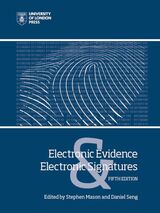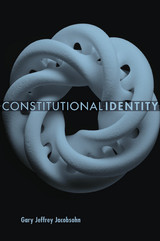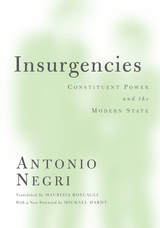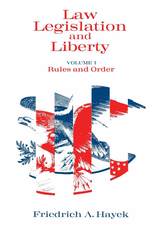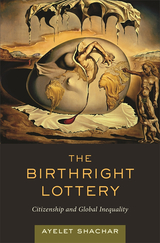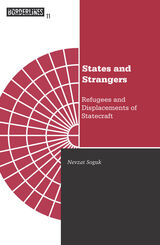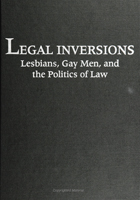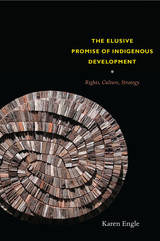Experimentalist Constitutions: Subnational Policy Innovations in China, India, and the United States
Harvard University Press
Cloth: 978-0-674-29589-6
Library of Congress Classification K3165.W375 2024
Dewey Decimal Classification 342.04
Cloth: 978-0-674-29589-6
Library of Congress Classification K3165.W375 2024
Dewey Decimal Classification 342.04
ABOUT THIS BOOK
ABOUT THIS BOOK
One of the most commonly cited virtues of American federalism is its “laboratories of democracy”—the notion that decentralization and political competition encourage states to become testing grounds for novel social policies and ideas. In Experimentalist Constitutions, the first book that systematically compares subnational experimentalism in different countries, Yueduan Wang argues that the idea of federal laboratories is not exclusive to the American system; instead, similar concepts can be applied to constitutions with different center-local structures and levels of political competition. Using case studies from China, India, and the United States, the book illustrates that these vastly different polities have instituted their own mechanisms of subnational experimentalism based on the interactions between each country’s constitutional system and partisan/factional dynamics. In this study, Wang compares and contrasts these three versions of policy laboratories and comments on their pros and cons, thus contributing to the discussion of these great powers’ competing models of development.
See other books on: Comparative | Constitutional | Constitutional law | Constitutions | Decentralization in government
See other titles from Harvard University Press



